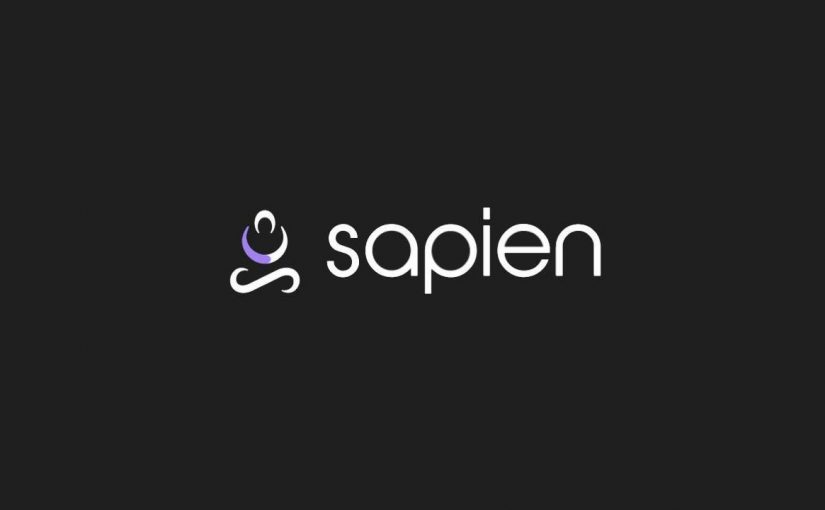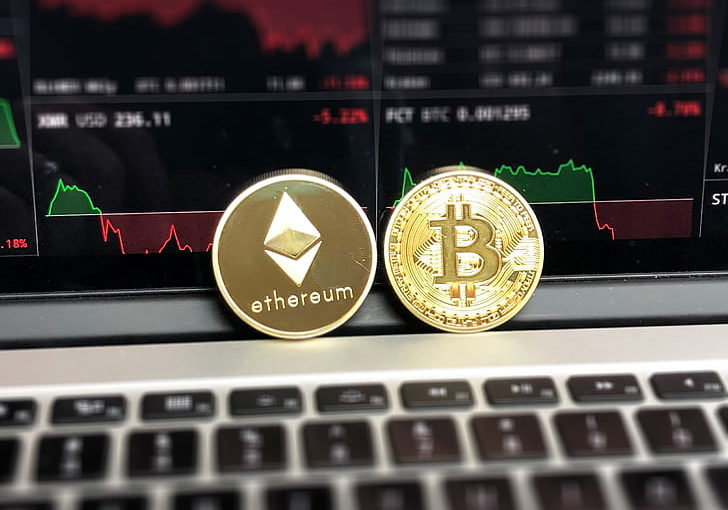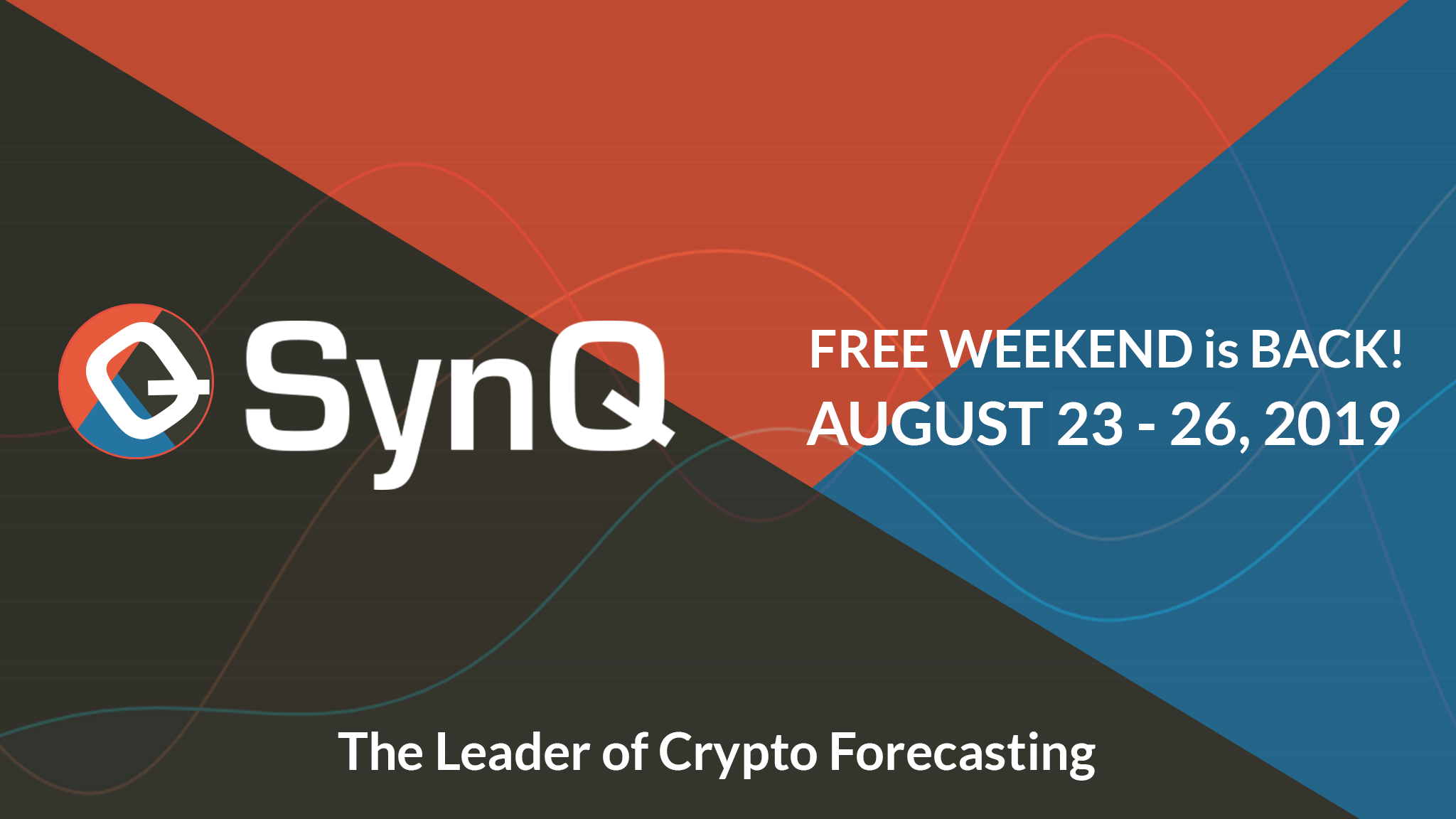In A Nutshell
Amid the controversy surrounding the 2016 U.S. Presidential Election emerged a new phenomena propagated by social media and its reach: fake news. Prior to this, it was referred to as ‘click bait,’ used to draw in mindless content consumers in exchange for a small PPC (pay-per-click) charge. Through clever deception by centralized authorities, social media channels were used to inject bias via false reporting. By targeting small groups of supporters, “fake news” was organically spread – “shared,” in social media parlance – hiding its dark origins and demonstrating the power of information, be it valid or invalid.
Enter Sapien: “A highly customizable, democratized social news platform capable of rewarding millions of content creators and curators without any centralized intermediaries.” From the average user’s perspective, Sapien aims to reward content creators and gives them the decision to filter advertisements or remove them entirely. At the same time, Sapien will also use machine learning to identify potential fake news. In addition to this, Sapien will not be collecting any personal information, and any that is given is done so voluntarily. This is in direct contradiction to the current method employed by companies like Facebook and Google: to sell personal data to advertisers without compensating content creators (Facebook’s revenue model).
Sapien will also serve as a decentralized ecosystem/marketplace where content creators can exchange SPN tokens for not only physical goods and services but also virtual content, including but not limited to premium content, online tasks, and community specific items. This will allow users to set up and accept the native token, SPN, without having to worry about the “how.” With a community focus, Sapien is built to facilitate encrypted communications and other services. Traditionally, this has required an intermediary to handle sensitive information without exposing the uses clearly to the owner thereof. Another notable point about Sapien is that SPN will be usable on their platform immediately after the sale concludes. Though this is becoming more commonplace, at time of writing less than 5% of projects can truthfully make this claim!
Token Utility
STAKING
SPN tokens may be staked to access the social features on the platform. According to the whitepaper, staked tokens are “locked up” as a static period of 1 year. Similar to STEEM Power, staked tokens can be used to upvote content, but what makes SPN unique is that they can be used to submit new proposals, tip users, access premium content, and more. What is important to note however is how staked SPN tokens can be “frozen” if a user posts illegal content or violates the guidelines set by a specific community. What is not so clear however is if the user can have their tokens unfrozen in the event that they make an apology post or something along those lines. If this is an option, we could see a “true democracy” in play, because unlike with STEEM where the more Steem Power you have, the higher your influence on an upvote, one user receives one vote on the Sapien Network.

Rewards System
REPUTATION
Similar to an eBay trust score, actions by users on the platform such as publishing a post or making a trade can be voted on for having a positive or negative impact on the user’s reputation. All users will begin with one reputation point once their account is created; where it goes from there is entirely up to them. Users that have built more reputation over time will have a greater influence when they upvote or downvote another user. It appears that this reputation is unique to the community (think sub-reddit) in which the user is interacting. The reputation system being used by the Sapien network is arguably much more fair than the one STEEM uses. STEEM gives more voting power to the users that hold a greater amount of funds, creating an imbalanced system as more than 50% of STEEM currently being staked is in the hands of less than 20 individuals. One user equals one vote.
DEMOCRATIZED AUTONOMOUS PLATFORM (DAP) PROPOSALS
Due to the powerfully democratic way that the Sapien Network is designed, users are able to use SPN tokens to vote on proposed improvements to the platform. This will in theory enable users to self-organize and self-moderate the numerous communities on the platform. In the event that a user is repeatedly flagged for inappropriate behavior within a branch (community), a tribunal will be held where the members of said branch will collaborate and decide on whether the user should face disciplinary action and if so, to what extent. If Star Trek is anything to go by, this system is effective, yet very harsh on the individual being “tried.” But given the way that the Sapien Network is designed, it is truly a democratic way of handling the problem. Users can likely apologize and if accepted by the community, will possibly receive a minimal penalty, if any. And I’m sure nobody will be electrocuted here like Captain Kirk’s crew members, so relatively speaking, it can’t be all that bad!
Business Model
The whitepaper states that the primary goal of Sapien is to securely implement the proposed applications of the SPN token. They plan on bringing in revenue through multiple avenues:
MARKETPLACE
Users will have the ability to purchase both virtual and physical goods and services using SPN tokens. The aforementioned reputation model will enable either party in the trade to determine the reliability of the other. As these trades happen, Sapien will charge users a 1% transaction fee for both buyers and sellers separately unless they have staked at least $20 of SPN tokens. This staking requirement is adjustable by the team and will likely be adjusted to facilitate the growth of the platform as Sapien deems necessary.
ADVERTISEMENT PLATFORM
By default, no advertisements will be shown on the Sapien Network, but users can choose to have advertisements displayed to them using their personal data. The users will be able to earn SPN tokens for “selling” their personal data this way. Community/branch owners are also able to decide if their community can view advertisements and if so, which type of advertisements. For example, a religious community would likely not want to see advertisements that go against their values, and they can opt-out of these specific advertisements if they wish to do so.
Interesting to note however is that the more SPN tokens a user has, the higher their payout for enabling advertisements. Although some may argue that this is a “whale-friendly” feature, in reality it is paying the user relative to how much they are invested in the platform and themselves. One dollar is not valued the same to two people coming from two different financial backgrounds, and this system will incentivize all types of wallets to share their data to earn a number of tokens that they would be satisfied with.
Advertisers can purchase advertisements on the Sapien Network with SPN tokens, and these tokens will be paid out to the users that have chosen to enable advertisements. Similar to Facebook or Youtube, the advertisements will be strategically placed where they would be most effective on the audience. The difference with Sapien, however, is that the users themselves will receive the majority of the Advertisement revenue. At the very least, users will receive 50% of the advertisement revenue, but if they are staking many more tokens, they will receive a higher percentage of this revenue. The system is (according to the whitepaper) “dynamically adjusted to keep the platform afloat.”

Advertisement Revenue Sharing Percentages
Threats
Though Sapien has a self-regulating community focus in mind, they are essentially granting moderator privileges to the most respected members of each community. From a North American looking-glass, proof of value seems logical. In other areas of the world where freedom of choice / speech / religion are already completely or currently under siege (parts of Middle East, Mexico, Asia), having an entire community of people contribute on a regular basis is not beyond reach.
Remember that part of the reason fake news gained traction to begin with was the seemingly organic nature behind the original post/share. It seems the same tactic could thwart Sapien with advance notice.
Another consideration is that just because somebody has prominence or reputation in a group, it doesn’t necessarily mean that their intentions are good. As we often see today, it is the people in positions of power who oft take advantage of that power, after it has been attained.
Another issue that is growing at rapid pace are bots. In combination with technologies like Natural Language Processing and A.I. (especially as they develop), bots may be capable of building their own communities and upvoting themselves. Just because a community is self-governing, it doesn’t mean their intentions are good – racist groups, terrorist organizations, drug cartels. What makes this all possible is not requiring any personal data and therefore being unable to verify community members or their contributions (prior to their registration on the platform).
Note: The Sapien team has stated that Sapien will make use of captchas to reduce the presence of bots on the platform. But there are many services that pay real humans for solving captchas, so there are still workarounds if an individual or group is keen enough. However, it is important to note that this is a problem that all social media and news platforms have to deal with.
Adaptations will be made. They may require more expertise than is currently available, but as the bot and AI infrastructure develop, it will complicate the situation in the future without a mechanism for prevention.
Conclusion
Answer me this: Would you have joined Facebook if you had to spend over an hour learning how TCP/IP and IPFS function? The answer for most of you is probably no. Meanwhile, Steemit’s white-paper for example may as well be in Latin because truth is that we live in an era of instant gratification, and any platform that forces users to actually read a lengthy and complex tutorial will have trouble being adopted by the average consumer (who happens to be the same person that presses “skip tutorial” and then spends the next few hours trying to figure out what the hell they are doing). Sapien makes their platform experience dead-easy so even my technology illiterate grandmother could probably understand through intuition alone. Putting the problems pertaining to the pure democracy approach aside, Sapien could also be a platform that tackles the Net Neutrality issue head-on, allowing users to control their own data and to enable seamless peer-to-peer (P2P) transactions.
As per their roadmap, the application is scheduled to be decentralized in Q2 of 2018, but based on the same document, the “real magic” (as my colleague Steve puts it) doesn’t start happening until Q1 2019. Although that may be a decade away crypto-wise, we will have plenty of room for speculation. After all, tackling Reddit, a site commonly referred to as the front page of the Internet, is a big undertaking, even with a team of over 20 individuals who display pure dedication to the project and have a tenacious mentality. This will be an interesting David Vs. Goliath story to watch, and we at CryptoSyndicate are eagerly awaiting to see how this story unfolds.
Disclaimer: The Authors of this article are currently holders of SPN tokens.




